
I'm Merijntje — a DevOps engineer from the The Hague area in the Netherlands. I’ve been working with Linux and servers since I was 14, just tinkering around for fun. Eventually, that hobby turned into a career when I landed my first IT job at Ericsson. I was surprised — and pretty thrilled — to realize I could actually make a living doing what I enjoyed most. At Ericsson, I got exposed to a wide range of enterprise tech and ways of working, and it sparked a deeper interest in the field.
Since then, I’ve been on a long (and still ongoing) journey — from Solaris administration, through the virtualization boom, into the rise of infrastructure as code, and now working with big data platforms and cloud. Across all those roles, the common thread has been collaboration: working with different teams and departments to design solutions that are both technically sound and actually useful to the business. Along the way, I also discovered that strong communication is just as important as strong tech skills. It’s one thing to build something that works — it’s another to understand what people actually need and explain your thinking clearly. I believe that soft skills can turn a good engineer into a great one.
Now I'm available for DevOps projects related to infrastructure, cloud, big data, Linux and enterprise applications. You can find more about those areas further down the page.
Now I survive as a soldier of fortune. If you have a problem and no one else can help, and if you can find me, maybe you can hire... Merijntje

I started out managing Unix systems — Solaris, HP-UX, FreeBSD, and Linux in all its flavors — and that’s still where I feel most at home. I’ve worked with everything from Solaris on SPARC to large-scale Azure environments, building on-prem setups and managing networks long before “cloud-native” was a thing. That hands-on experience gave me a healthy respect for networking, failover, and what actually happens under the hood.
These days, most of my work is in Azure, automating infrastructure with Terraform and Ansible, and running workloads on Kubernetes. I manage clusters and services like Confluent and Cloudflare, but I still bring that same Unix mindset with me: think about the full stack, plan for failure, and build systems that are easy to live with — not just easy to deploy. I rely on open standards and transparent tooling. Cloud or not, it’s still just Unix under the hood — and that’s where I like to work.
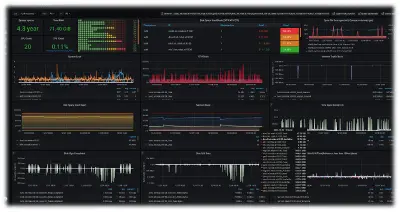
What I enjoy most about Big Data isn’t just the scale — it’s the challenge of making complex systems behave well under pressure. Getting the most performance out of a platform, while still keeping it manageable and predictable, is where the real engineering happens. I’ve helped design and operate big data stacks built on Kafka, Zookeeper, Logstash, Elasticsearch, Kibana, Grafana, Cassandra, and Graphite — systems that process millions of messages per second and need to keep running, no matter what.
Whether it’s right-sizing clusters, optimizing indexing strategies, or figuring out why a Kafka broker is falling over at peak load, I like digging into the internals and improving how the whole thing fits together. It’s part performance tuning, part platform design, and part good old-fashioned troubleshooting.
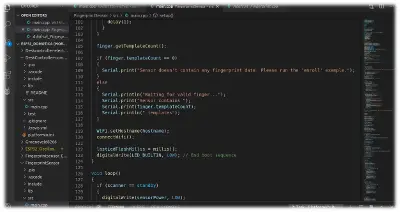
Cloud for me isn’t just about spinning up resources — it’s about designing platforms that last. Most of my work has been in Azure, certified across administration, networking, and architecture (AZ-104, AZ-700, AZ-305). I’ve built landing zones, hybrid networks, AKS clusters, and SaaS integrations like Confluent Cloud and Postgres Flex. On AWS, I hold the Solutions Architect Associate and apply the same engineering mindset to resilient, well-structured environments.
I take a platform-first approach: plan for failure, design for recovery, and automate wherever possible. From redundant networking to self-healing clusters and DR-ready designs, resiliency is built in from the start. Whether it’s a new landing zone, Kubernetes at scale, or secure VPNs to on-prem, my goal is the same: cloud that’s reliable, transparent, and easy to live with. At the end of the day, it’s still just Unix under the hood, only with better APIs.
• Azure
• Cloudflare
• AWS
• Azure Kubernetes Service (AKS)
• Kubernetes
• Docker
• Terraform
• Ansible
• Helm
• Debian/Ubuntu
• CentOS/Fedora
• Red Hat Enterprise Linux
• Fortigate
• Azure vNets, Subnets & Firewalls
• Cisco IOS
• JunOS
• Linux Bonding
• VMware vSphere 4 & 5
• Proxmox
• Sun LDOMs & Zones
• Apache Mesos (incl. Marathon & Chronos)
• Solaris (SPARC/x86)
• Git
• GitHub
• GitLab
• Azure DevOps (YAML)
• GitHub Actions
• Jenkins
• Bash
• Python
• Ruby
• Perl
• ELK Stack (Elasticsearch, Logstash, Kibana)
• Prometheus
• Datadog
• JMX
• collectd
• Node-RED
• Flume
• Azure Data Lake Gen2
• Azure Storage
• Apache Kafka (incl. Confluent, MirrorMaker, Connect)
• Zookeeper
• Apache Spark
• Elasticsearch
• Azure PostgreSQL
• MySQL
• Redis
• NFS
• ZFS

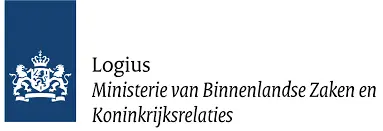
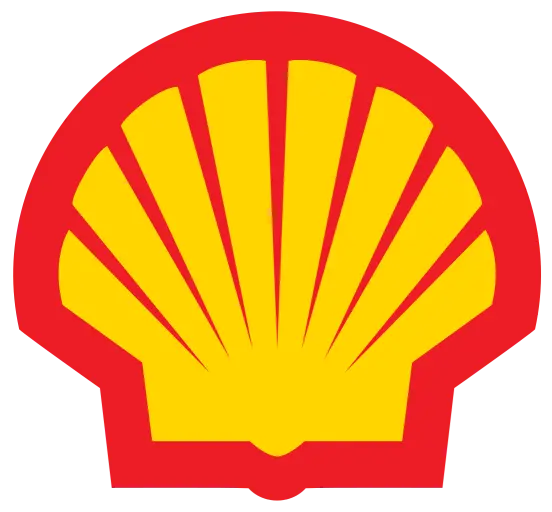
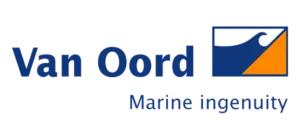
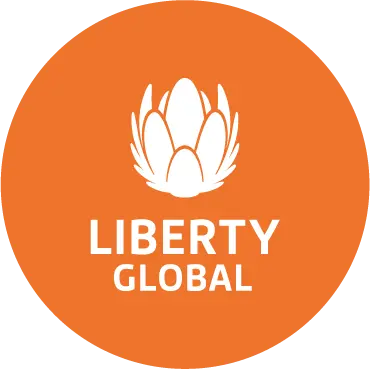
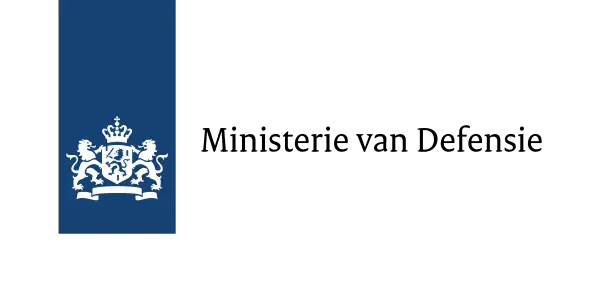
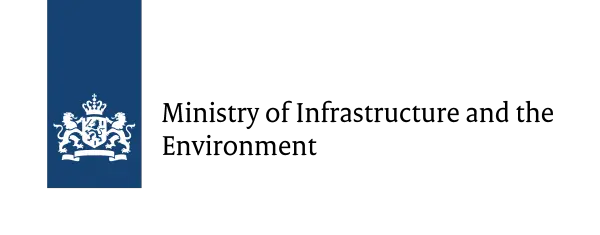


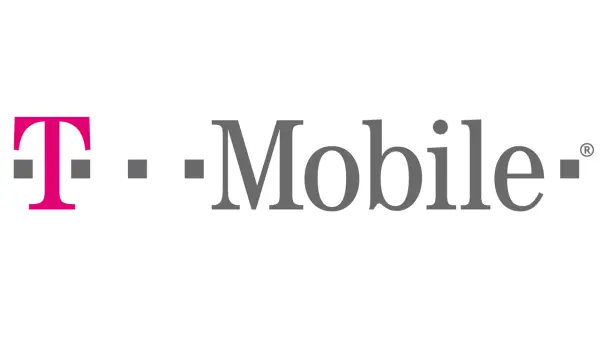


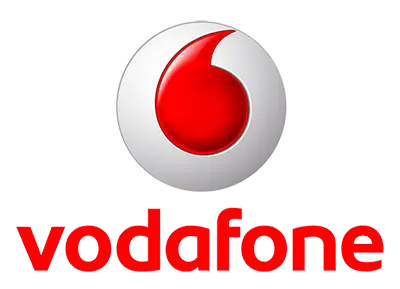
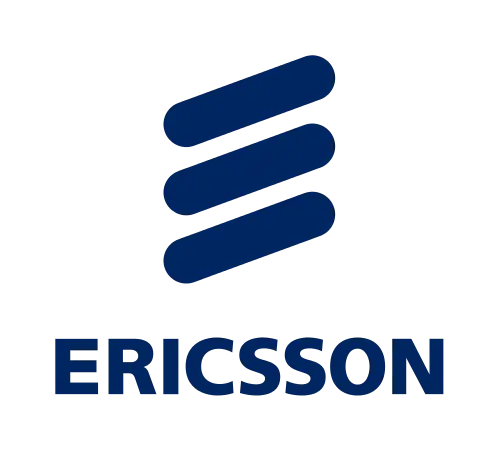

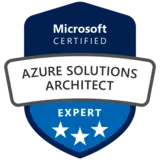
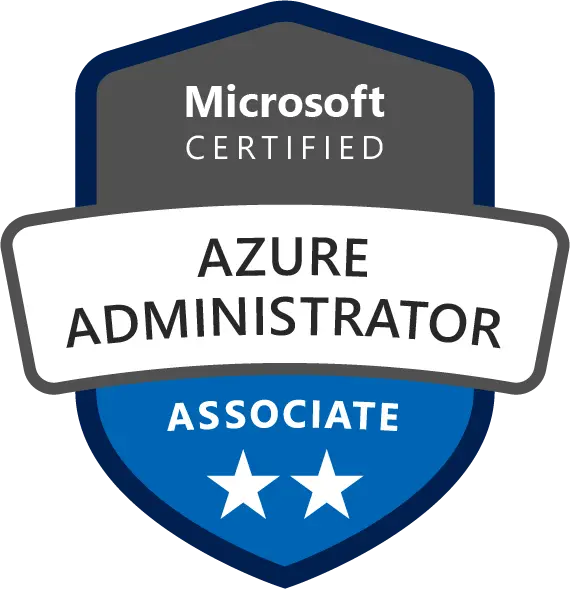
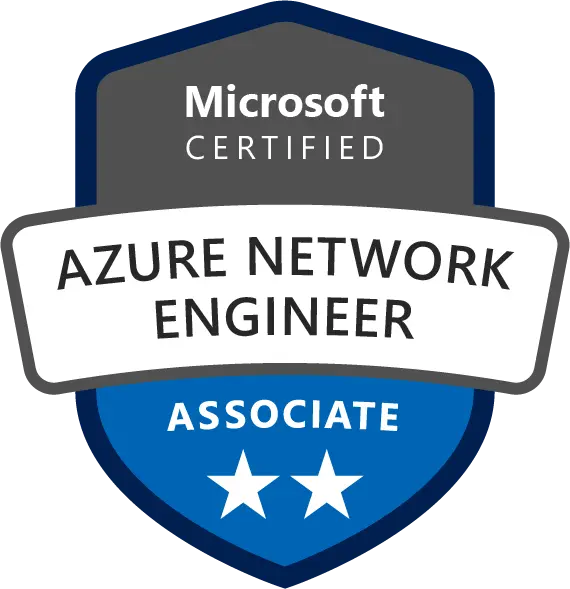
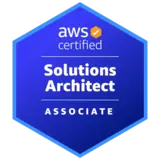
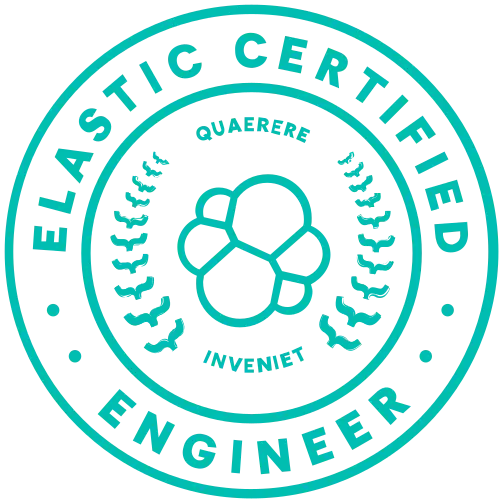
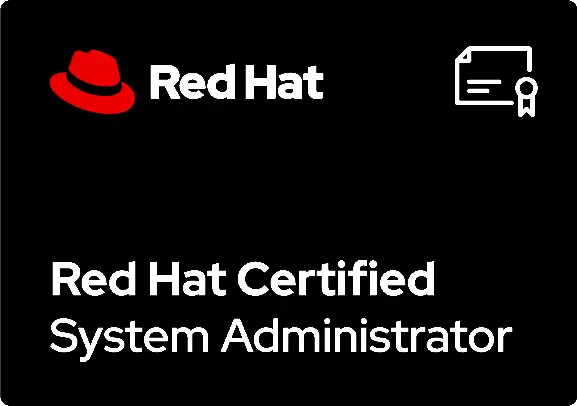
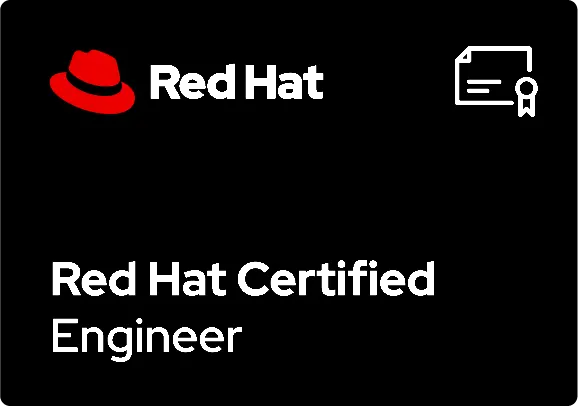
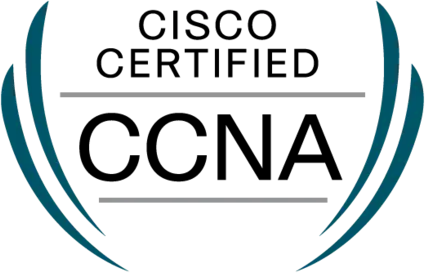
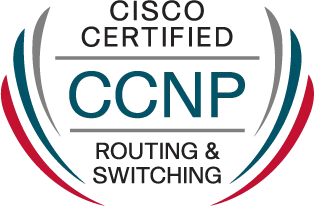
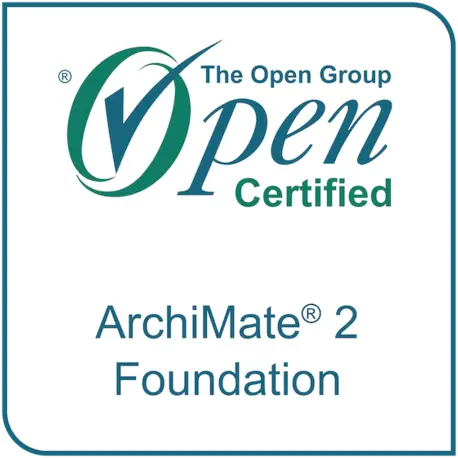
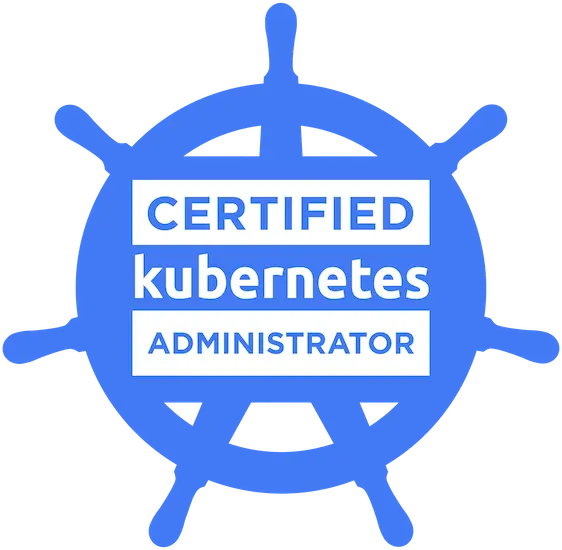
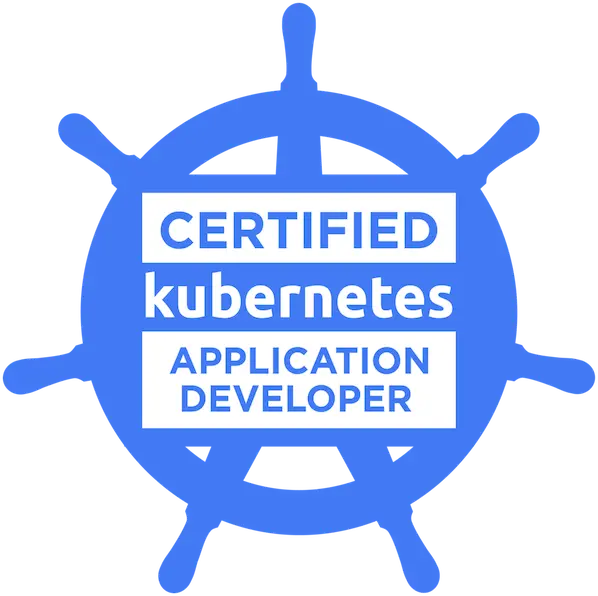
Freedom of speech on the internet is one of the biggest achievements of our generation. However, it is threatened by oppressive governments, censorship and network access inequiality. I believe _free_ internet access should be protected, and currently the best way a small organization can help in this cause is by donating Tor nodes and bandwidth to the network.
The Tor network depends on volunteers to donate network hops and bandwidth. The more parties and nodes there are, the better the experience and the more anonymous the users of the network are. Tak.io donates 276 TB of bandwidth per year to the Tor network. In the interest of full transparency, the configuration run by Tak.io's Tor nodes is public on GitHub.
Tak.io B.V.
Groeneveld 25
2286NB Rijswijk (ZH)
The Netherlands
Tel: +31 6 523 904 53
Email: [email protected]
KvK: 83445161 (The Hague)
Tak.io B.V. is 100% subsidiary of mtak Holding B.V..
Please do not contact me for sales purposes. I'm serious, I won't buy whatever you're selling. In fact, if I needed what you're offering, I'd pay up to twice the price at your competitor, just for the fact that they didn't harass me. And for you, best case scenario I ignore you. Worst case, I waste a lot of your time leading you on and not buying in the end. My PB is a 47 minute phone call. Is it really worth it?